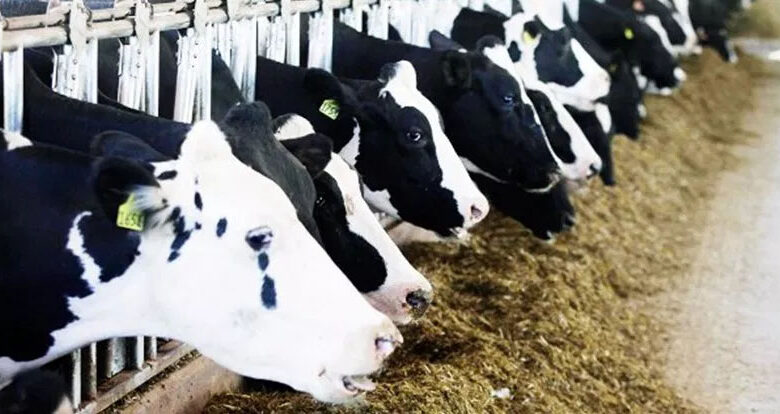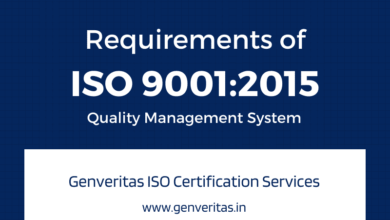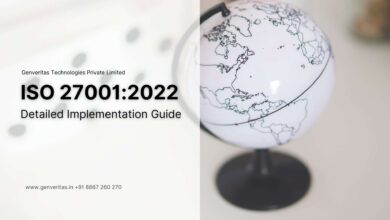GMP+ Feed Safety Standards

“License to operate in the International Feeds Sector.”
FEED SAFETY CHALLENGE
Feed Safety and Quality are key issues for all companies handling feedstuffs and can have serious consequences when control is lost. A systematic approach is imperative for reducing risk and improving quality. Companies seeking to internationalize their business in Europe must be certified to a standard recognized by the GMP+ International (former PDV) organization. The GMP+ certification is also recognized by other feed certification schemes.
Knowledge of GMP+ is spreading and the certificate is requested at a continuously greater extent throughout the world. The GMP+ regulations are in a process of continuous development and improvement and changes are relevant to all organizations in the international supply chain.
WHAT ARE GMP+ STANDARDS BASED ON?
The GMP+ standards have been developed to harmonize requirements for feed in order to ensure quality and safety throughout the entire feed chain. It is based on widely recognized principles of quality assurance, Hazard Analysis Critical Control Point (HACCP). Choosing which standard (B1, B2, etc.) and certification scope (production of feed materials, trade, etc.) depends on the organization’s role in the feed chain.
GMP+
B1 is mandatory for the production of compound feed, but can also be used for the production of feed materials and transport.
B2 can be used for the production of feed materials and feed additives, while B3 is intended for trade and transshipment. Each of these standards is intended for different means of feed transport (e.g. B4.1 is intended for truck transport). All steps in the supply chain are thus covered by the given requirements.
Advantages of GMP+ certification
Companies benefit from GMP+ certification, because it:
Is focused on quality management (ISO 9001) and risk management (HACCP);
Provides access to supporting information and services, such as risk assessments, fact sheets, storing and sharing your monitoring data, newsletters, Early Warning messages etc);
Offers new sales opportunities and to a great degree, ensures the retention of current customers; Guarantees the continuity of business operations, because the corporate structure is set up more efficiently and the costs and financial risks are limited;
Helps improve the company image and the reliability;
Makes your company part of a globally operating feed safety system (the GMP+ certificate is accepted internationally by about 12000 companies in 66 countries);
Is accepted by other (inter)national schemes;
Can easily be combined with multiple certifications (feed safety and sustainability);
Contributes to uniformity in the feed chain.






